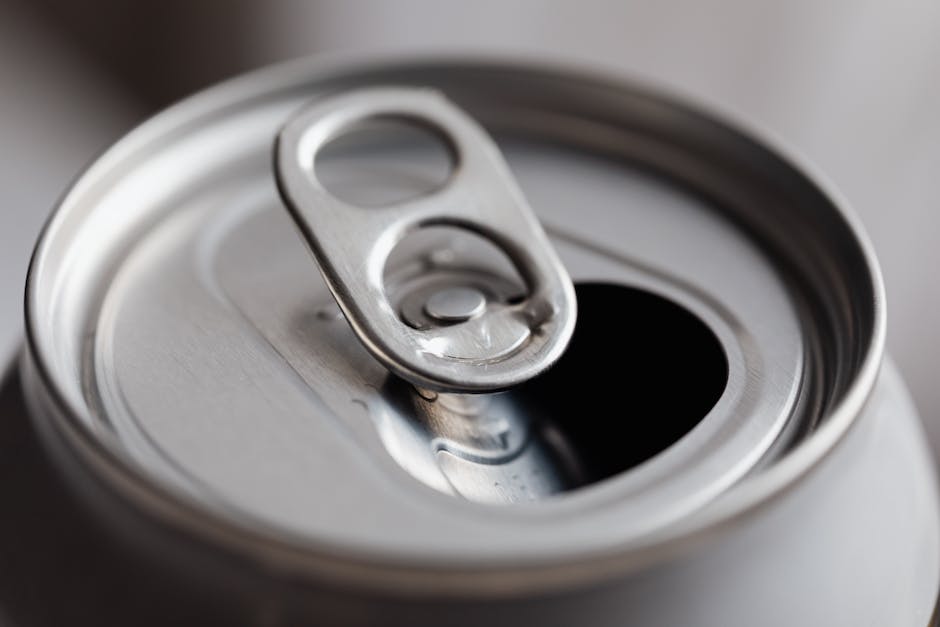There are a few diseases that you can get from rats. Some of the more common ones include:
-Hantavirus: This is a virus that is carried by rodents, and can be deadly if contracted by humans. There is no cure and it is often fatal.
-Plague: This is another disease that is carried by rodents. It is highly contagious and can be deadly.
-Salmonella: This is a bacteria that can be found in rat feces. It can cause food poisoning in humans if ingested.
-Rat-bite fever: This is a bacterial infection that can be contracted from a rat bite. It can cause fever, chills, and muscle aches.
There are a few diseases that you can get from rats, including: hantavirus, leptospirosis, lassa fever, and plague.
What are the first signs of hantavirus?
The early symptoms of the disease are very universal and can affect anyone, regardless of age or background. However, there are some key symptoms to look out for which include fatigue, fever, and muscle aches. These symptoms are often most severe in the large muscle groups such as the thighs, hips, back, and shoulders. Other symptoms may include headaches, dizziness, chills, and abdominal problems such as nausea, vomiting, diarrhea, and abdominal pain. If you experience any of these symptoms, it is important to seek medical attention as soon as possible.
Mice and rats can carry harmful diseases, such as HPS, Leptospirosis, lymphocytic choriomeningitis, plague, and typhus. The best way to protect you and your family from these diseases is to keep mice and rats out of your home.
How common are diseases from rats
Rats are responsible for spreading over 35 diseases to humans, per the Centers for Disease Control and Prevention (CDC). These diseases can be spread through direct contact with rats, through contact with their urine or feces, or through fleas or mites that have fed on rats. Some of the diseases that rats can spread to humans include: bubonic plague, leptospirosis, hantavirus, rat-bite fever, and salmonellosis. In order to protect yourself from these diseases, it is important to avoid contact with rats and their urine or feces. If you must come into contact with rats, it is important to wear protective clothing and to wash your hands thoroughly afterwards.
Leptospirosis is a bacterial infection that is spread in the urine of infected animals, most commonly rats, mice, cows, pigs and dogs. Symptoms of leptospirosis include yellow skin and eyes (jaundice), a rash, inability to urinate, swollen ankles, feet or hands, chest pain and shortness of breath. If you have any of these symptoms, it is important to see a doctor as soon as possible.
Can you survive hantavirus?
Previous observations of patients that develop HPS from New World Hantaviruses have shown that they recover completely. There have been no chronic infections detected in humans. Some patients have experienced longer than expected recovery times, but the virus has not been shown to leave lasting effects on the patient.
The hantavirus is a serious respiratory illness that is caused by exposure to the droppings of infected rodents. The chance of becoming ill with hantavirus is greatest when people work, play, or live in close proximity to where these rodents are actively living. However, recent research results show that many people who have become ill with hantavirus were actually infected after continued contact with rodents and/or their droppings. This means that even if you are not in an area where rodents are currently living, you can still be at risk for exposure to the hantavirus if you come into contact with their droppings. If you think you may have been exposed to the hantavirus, it is important to seek medical attention immediately as this illness can be deadly.
How toxic is rat poop?
If you come into contact with any of the above mentioned materials from an infected rodent, you are at risk of contracting hantavirus disease. This is a serious condition that can be fatal, so it is important to be aware of the symptoms and seek medical help if you think you may have been infected.
Rats and mice are known to spread many diseases worldwide, including through their feces, urine, or saliva. These diseases can spread to people directly, through handling of rodents; contact with rodent feces, urine, or saliva (such as through breathing in air or eating food that is contaminated with rodent waste); or rodent bites.
Is rat pee and poop toxic
Salmonellosis is a type of food poisoning. If a rat or mouse walks through their own droppings or urine, then walks through human food, it can contaminate the food – making someone sick if they unwittingly eat the contaminated food.
Wild rodents can carry many diseases, which can be harmful to humans. These diseases include hantavirus, leptospirosis, lymphocytic choriomeningitis (LCMV), Tularemia and Salmonella. Wild rodents can also cause considerable property damage by chewing through wiring in homes, car engines, and other places.
Can rat pee make you sick?
There are a number of diseases that can be caused by rats, either through their bites or scratches, or through contact with their feces or urine. These diseases can be serious, and even fatal, so it is important to take steps to avoid contact with these animals. If you see a rat in your home, call a professional to have it removed, and be sure to clean any areas where it may have been present.
Rodents are a known source of several diseases that can infect humans directly. These diseases include hantavirus, ratbite fever, lymphocytic choriomeningitis and leptospirosis. Additionally, rodents can serve as reservoirs for diseases that are transmitted by ectoparasites, such as plague, murine typhus and Lyme disease. It is important to take precautions when around rodents to avoid contact with their urine, feces or saliva, which can contain these bacteria and viruses.
Is leptospirosis is Fatal
Leptospirosis is a serious infection that can lead to death if left untreated. It can cause kidney damage, meningitis, liver failure, respiratory distress, and even death. Early diagnosis and treatment is essential to ensure the best possible outcome.
Leptospirosis is a bacterial infection that can cause a range of symptoms in humans, including high fever, headache, chills, muscle aches, vomiting, jaundice (yellow skin and eyes), red eyes, and abdominal pain. The infection is usually spread through contact with contaminated water or soil, and can be very serious if left untreated. If you think you may have leptospirosis, it is important to see a doctor as soon as possible for diagnosis and treatment.
Can leptospirosis be cured?
Leptospirosis is a treatable bacterial infection that can cause serious illness in people and animals. Early treatment with antibiotics is important for a rapid recovery and to minimize any organ damage. Other treatment methods, such as dialysis and hydration therapy, may be required in some cases.
A blood test can reveal if your body has made antibodies to a hantavirus. Your doctor may order other laboratory tests to rule out other conditions with similar symptoms.
Is breathing rat urine harmful
HPS is a serious respiratory disease caused by hantaviruses. This disease is most often seen in rural areas where there is increased contact with rodents. Symptoms of HPS include fever, muscle aches, and fatigue, followed by coughing and difficulty breathing. If you think you may have HPS, you should see a healthcare provider immediately. Early diagnosis and treatment is critical for recovery. There is no specific treatment for HPS, but symptoms can be treated. Prevention of HPS is through rodent control and avoiding contact with rodents and their urine, droppings, or saliva.
If you experience any of the symptoms described above after being exposed to rodents or their droppings, it is important to seek medical attention immediately. Early diagnosis and treatment of hantavirus infection is critical to preventing serious illness or death.
Conclusion
There are a few diseases you can get from rats, including rat-bite fever and hantavirus.
There are many diseases that you can get from rats, including the plague, leptospirosis, and rat-bite fever. While you may not always know if you’ve been exposed to a disease carried by rats, it’s important to be aware of the risks and to see a doctor if you start showing symptoms. In some cases, disease from rats can be deadly, so it’s best to err on the side of caution.

